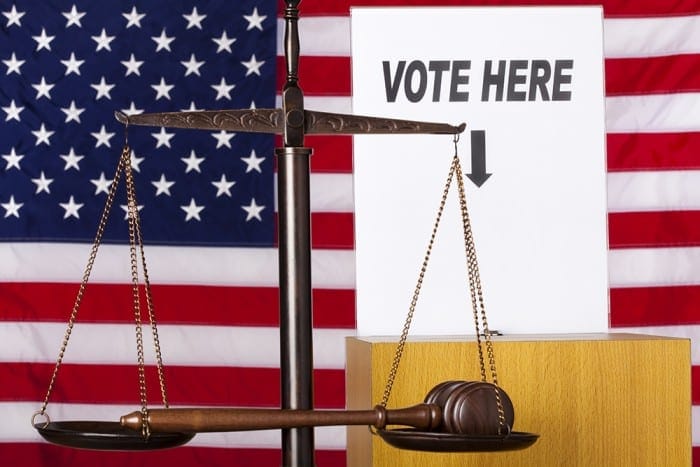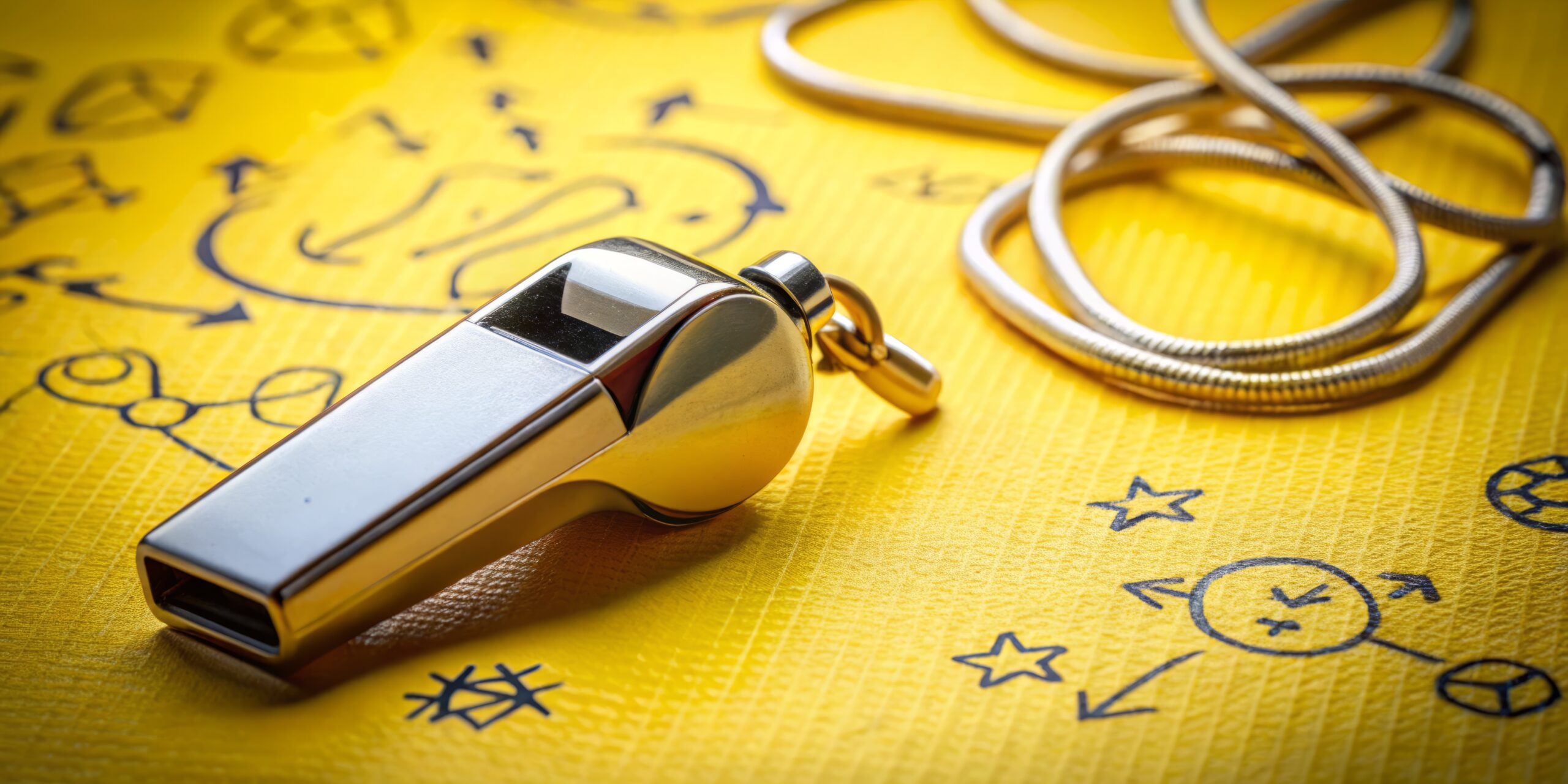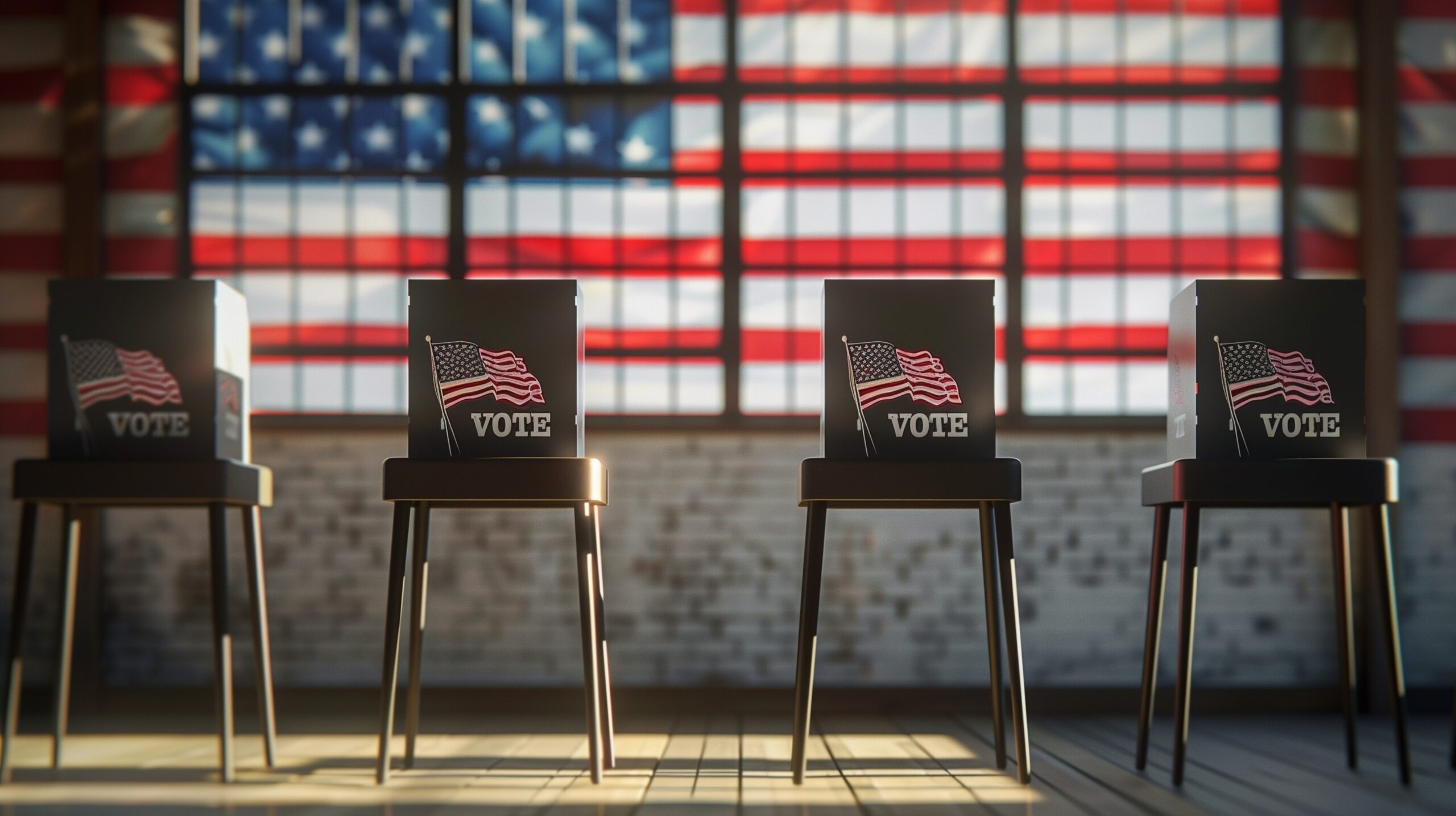

Judicial elections historically were seen as the layman’s answer to the prospect of a hand-picked court chosen by an elite group of “self-serving” politicians. The concept was that by requiring judges run for office, an election would ensure the winner would be responsive to the will of the people.[i] In the last 20 years, the judicial election process is being confronted with the reality of today’s political climate. In addition to the burden of fundraising for an election, sitting judges have also been constrained by various ethics codes which often restricted how they could respond to opponents’ campaign accusations. In response to the Supreme Court’s Citizens United 2010 case[ii], single interest groups began looking at and financing advertising campaigns for or against various judges.
Since the early 1830s, states have moved toward judicial elections. Currently, 39 states elect judges by popular vote.[iii] But, like all elections, these campaigns can be expensive. Since 1999, spending for judicial campaigns doubled from the previous decade.[iv] In an effort to counteract some potentially grievous harm, the Supreme Court held in Williams-Yulee v. Florida Bar[v] (2015) that a state may limit a judicial candidate and a judge’s right to personally solicit campaign funds. In Williams-Yulee, the Court found a state had a compelling interest in preserving public confidence in the integrity of its judiciary. Since the judiciary influences the public by neither the purse (legislative) nor the sword (executive), it relies solely on the willingness of the populace to adhere to its discussions. The perception that a judge can be bought erodes the confidence in the integrity of the court. It discussed the two-edged sword of public misperception: the first side is the concern that the judge will favor donors in his or her judicial decisions; the second that donors may fear judicial retaliation if they do not contribute when asked for money by a judge. This perception is echoed by Alicia Bannon, Senior Counsel at the Brennan Center for Justice: “Polling shows that 95 percent of the public believes campaign spending influences how judges rule in cases. With the rise of outside spenders that do not disclose their donors, we can’t even identify potential conflicts of interest. This poses a major threat to the integrity of our justice system.” [vi]
Though the Supreme Court in Williams-Yulee addressed the involvement of the judge in personally solicited campaign funds, the discussion over the efficacy of judicial elections and the money is occurring in every state. “Special interests know that state supreme courts have tremendous power to shape the legal and policy landscape on everything from civil rights to tort reform, even beyond a state’s borders, and they have been pouring money into these races in recent years,” said Bannon.
This money is from both identified and unknown donor sources, so called “dark money”. Dark money spent on judicial elections can be particularly disconcerting in that potential conflicts of interest go undisclosed. A June 2016 study found that dark money spent on judicial elections went from 24% in 2006 to 71% in 2014.[vii] Unfortunately, the current tide allows moneyed interests to spend millions of dollars in state judicial elections[viii].
As previously stated, since the judiciary’s power flows neither from the purse nor the sword, the Court’s influence relies solely on the willingness of the public to adhere to its decisions. When the public perceives a judge can be bought, that perception erodes the public’s confidence in the integrity and value of the court.
A few of the questions this topic raises are: how is a sitting judge to raise sufficient money to retain his or her seat while countering the perception of partiality; how does a judge ethically respond to aggressive and often untrue or distorted facts; and, what can be done to counter the negative influence of dark money in judicial campaigns. What questions should be asked and what solutions are there? The National Judicial College welcomes you to a civil debate on this pressing issue. Please email the NJC Communications Department with your comments, questions and/or concerns.
[i] However, this precept was challenged in Williams-Yulee v. Florida Bar¸ 135 S.Ct. 1656, 575 U.S. ____, (2015), when Justice Roberts speaking for the court said “[P]oliticians are expected to be appropriately responsive to the preferences of their supporters. … The same is not true of judges. In deciding cases, a judge is not to follow the preferences of his supporters, or provide any special consideration to his campaign donors. A judge instead must “observe the utmost fairness,” striving to be “perfectly and completely independent, with nothing to influence or controul (sic) him but God and his conscience.” Address of John Marshall, in Proceedings and Debates of the Virginia State Convention of 1829–1830, p. 616 (1830).”
[ii]Citizens United v. Federal Election Commission, 558 U.S. 310 (2010).
[iii]Partisan election of judges, Ballotpedia, http://ballotpedia.org/wiki/index.php?title=Partisan_election_of_judges&printable=yes (as of September 13, 2016).
[iv] Between 2000-2009 $206.9 million dollars was spent. Sample, James, et al, The New Politics of Judicial Elections 2000-2009: Decade of Change, Brennan Center for Justice, New York University School of Law, Aug. 2010.
[v]William-Yulee v. Florida Bar, 135 S.Ct. 1656, 575 U.S. ____, (2015).
[vi]New Analysis: 2016 Judicial Elections See Secret Money and Heightened Outside Spending, Brennan Center for Justice, September 14, 2016. (cite active as of Sept. 15, 2016) https://www.brennancenter.org/press-release/new-analysis-2016-judicial-elections-see-secret-money-and-heightened-outside-spending
[vii] Lee, Chisum, et al., Secret Spending in the States, Brennan Center for Justice, New York University School of Law, June 26, 2016.
[viii] Thus far in 2016, a major political party was the single largest outside spender, putting $2.2 million into three state judicial races (West Virginia, Arkansas, Wisconsin). New Analysis: 2016 Judicial Elections See Secret Money and Heightened Outside Spending, Brennan Center for Justice, September 14, 2016. (cite active as of Sept. 15, 2016) https://www.brennancenter.org/press-release/new-analysis-2016-judicial-elections-see-secret-money-and-heightened-outside-spending
Related Courses
Current Issues in the Law, Oct. 31 – Nov. 3, 2016 (Washington, DC)
Justice Marsha Ternus will be presenting on “dark money” during Current Issues in the Law.

Hon. Diane J. Humetewa, the first Native American woman and the first enrolled tribal member to serve as a ...

Retired Massachusetts Chief Justice Margaret H. Marshall has been selected as the 2024 winner of the presti...

Dear Gaveliers Fans: I am delighted to announce the appointment of our first Gaveliers coaches, profiled...

Fans, I could not be more proud of the work our players put in over the summer. The difference between h...

As the 2024 Election moves in to its final weeks, just over half of trial judges who responded to a survey ...